Mackesy P. The War for America, 1775-1783
Подождите немного. Документ загружается.


page_394
file:///C:/Users/User/AppData/Local/Temp/Rar$EX01.335/The%20War%20for%20America%20%201775-1783/files/page_394.html[1/17/2011 2:27:46 PM]
< previous page page_394 next page >
Page 394
forego the hope of a battle with the Spaniards off Cadiz. It might just have been possible to equip the ships for
foreign service in time, and the danger of Darby's reduced force being intercepted by the Spaniards on its return
might have been accepted. But there were other considerations. When the decision to relieve Gibraltar was taken in
January and the preparation of the fleet began, de Grasse's force had not been assembled; and even when Darby
sailed in March the enemy's destination was not known. There would have been a risk of sending the
reinforcements to the wrong destination. It may be argued that it would have made no difference whether the ships
went to the West Indies or to America, since sooner or later they would have joined the vital concentration. Yet the
enemy's unsuspected reinforcement of India proves the danger of strategic surprise. Would it have been right to
reduce the exiguous home fleet still further before it was known whether the whole of de Grasse's force was to
leave Europe? Risks had to be accepted in home waters; but the summer was to see a bitter struggle in the North
Sea for the Baltic trade, while to the westward Darby never had more than twenty-six ships of the line to face
nearly fifty French and Spaniards. Facing an option of difficulties, it was reasonable for the Cabinet to trust that
Rodney would rise to the occasion. In full possession of what followed, one must regret that Rodney was not
reinforced from Gibraltar if it could have been done: in the circumstances of Darby's departure it is impossible to
say that it should have been.1
3
The Defence of Trade
On 5 June Hyde Parker sailed for the North Sea to face the Dutch. He had four ships of the line, and two heavy
frigates which could stand in the line of battle against the Dutch. Two of the ships of the line were rated as unfit
for foreign service; but the other two had come from Darby's Channel fleet on its return from Gibraltar, and with
the detachments ordered to the West Indies and America reduced the force immediately available in the Channel to
twenty-one of the line. It is reasonable to ask whether the command of the North Sea was a proper object for the
overburdened navy, important though the Greenland and Baltic trades might be. But more than this was at stake.
With the British weakness in the Western Approaches, the North Sea had become a back door for the inward
bound Atlantic shipping and the despatch of reinforcements to America. And through the North Sea came the
Baltic naval stores which furnished the fleets of the belligerents: it was to stop the Dutch traffic in naval stores that
England had accepted the risks of fighting Holland, and there was intelligence to show
1 The question is briefly touched on in Sandwich, IV, 31516.
< previous page page_394 next page >
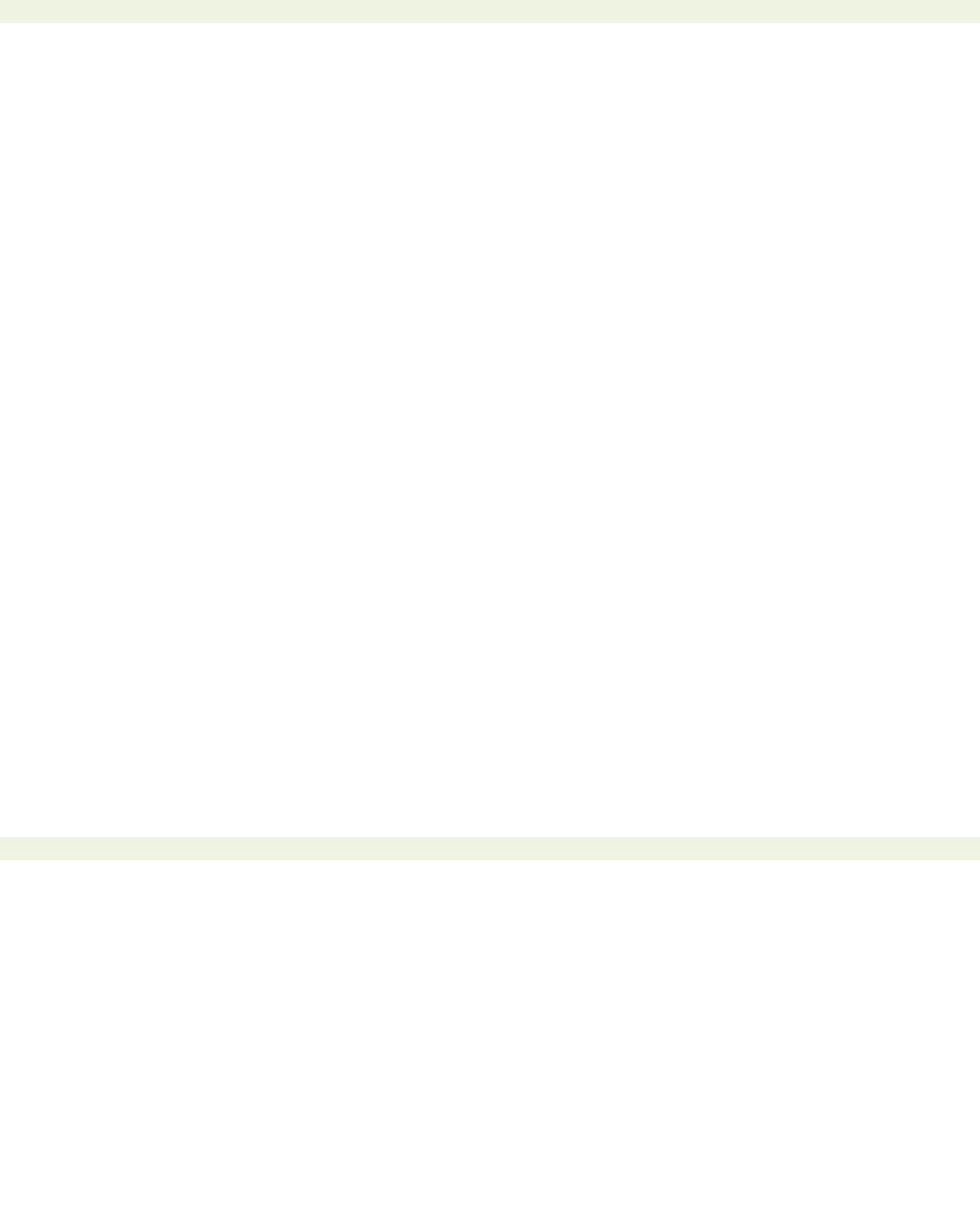
page_395
file:///C:/Users/User/AppData/Local/Temp/Rar$EX01.335/The%20War%20for%20America%20%201775-1783/files/page_395.html[1/17/2011 2:27:46 PM]
< previous page page_395 next page >
Page 395
how much the French and Spanish navies feared the stoppage. Even at the crisis of the campaign, when Darby
faced odds of more than two to one in the Channel, the North Sea squadron was maintained in full force to check
the Dutch.1
Hyde Parker saw the Baltic convoy safe to Elsinore, where he was joined under Admiralty arrangements by
Commodore Stewart with his seventy-four from the Shetlands, and at the end of July he sailed for home with 120
merchantmen. On 5 August he crossed the track of the Dutch fleet with a convoy off the Dogger Bank. Both
Admirals shed their merchantmen and turned to fight.
England and Holland had not fought for 100 years; but though their navy had diminished, the Dutch were still the
tough obstinate seamen who had stood the hammering battles of the reign of Charles II. Admiral Zoutman had
eight ships in his line of battle against Parker's seven, with 460 guns against 446. For four hours the little squadrons
fought line to line, till both became unmanageable and drew apart. In this fiercest naval battle of the war, the Dutch
suffered 545 casualties, the British 100 fewer. A good Dutch ship foundered in the night after the battle; and while
the British merchantmen went on to their destination, the Dutch convoy turned back, not to sail again that year.
The advantage therefore lay with the British. Parker, however, returned to the Nore in a rage at the state of his
squadron. Rodney had described him as a dangerous man with a violent temper, and hostile in the highest degree
to the Ministry. Considering the pressure on the navy and the Admiralty's assessment of the Dutch fleet, his force
had been adequate. But he refused a knighthood, resigned his command, and would serve no more. He was
succeeded by Stewart, under whose protection two more Baltic convoys came home in the autumn.2
The same pressure of commerce protection which drew Parker's ships into the North Sea deflected Darby's Channel
fleet from what, in a strictly naval view, was its primary task. When the fleet returned from Gibraltar, the French
home fleet under Guichen was nearly ready in Brest; and on the principle that the first object of a fleet was to fight
and beat the enemy, the British Channel fleet could have performed no more important task than to intercept
Guichen. A victory off Ushant would have come too late to alter the course of events beyond the Atlantic; but it
might have
1 G 3401; Sandwich, IV, 96.
2 Add. MSS. 38344, ff. 237, 246; Sandwich, IV, 18, 59 n., 88; G 3316; Keppel, II, 3556, 363 n.; Adm. 2/1340,
f. 31; James, 31011. It was alleged that another ship of the line could have been sent out to Parker in time for
the battle, but that she was negligently sent to the rendezvous at the Gunfleet instead. The précis in Sandwich,
IV, 889, seems to dispose of this. On the other side it is argued that Hyde Parker should have used his single-
decked frigates in his line of battle.
< previous page page_395 next page >
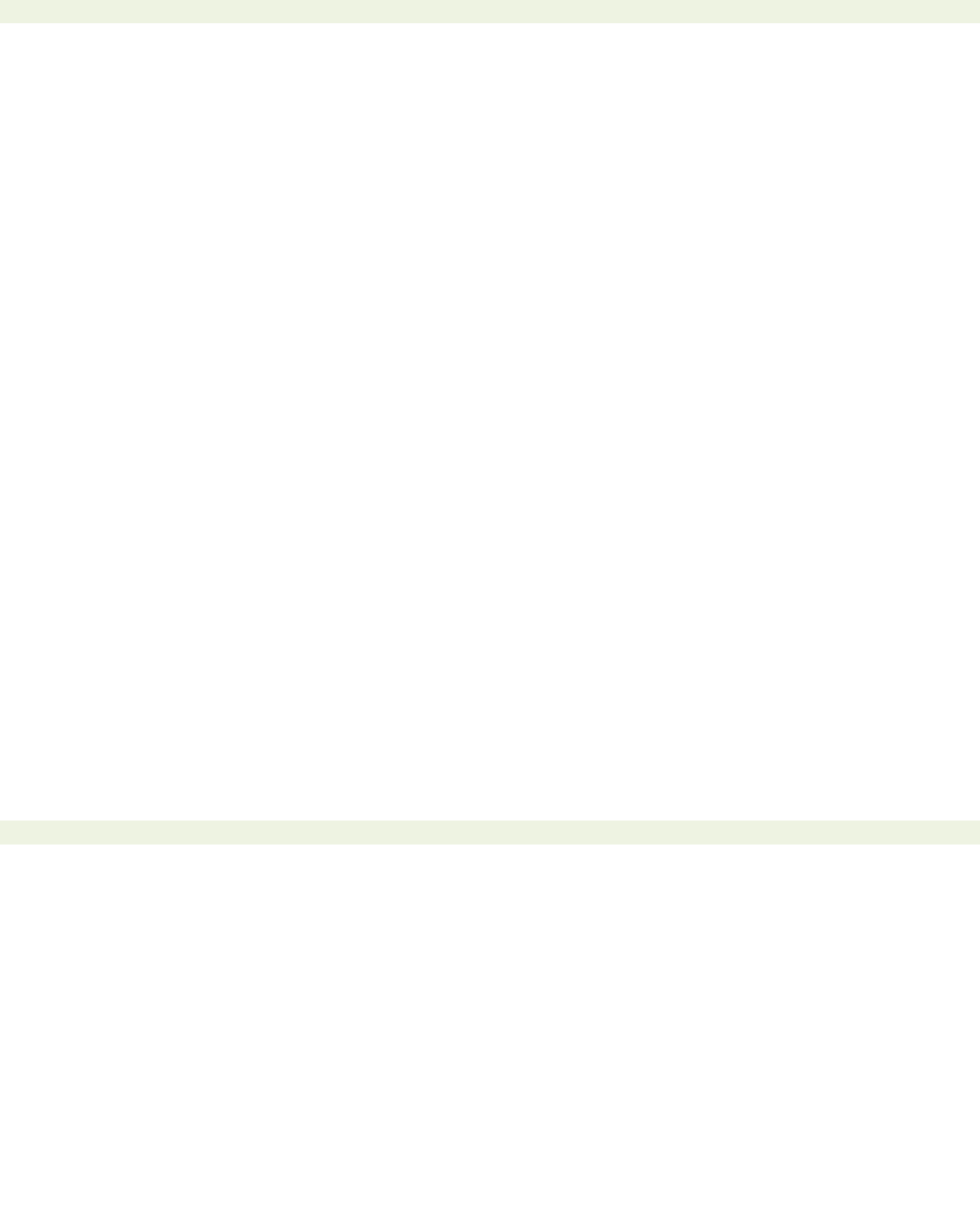
page_396
file:///C:/Users/User/AppData/Local/Temp/Rar$EX01.335/The%20War%20for%20America%20%201775-1783/files/page_396.html[1/17/2011 2:27:47 PM]
< previous page page_396 next page >
Page 396
restored the country's sense of proportion when the blow fell at Yorktown, and even made it possible to save
Minorca, which was soon to be attacked. But the loss of the St Eustatius convoy had shaken the Cabinet. Public
opinion and public credit were more sensitive to convoy losses than to neglected strategic opportunities, whose
effects took longer to appear and were less measurable. England's power in the eighteenth century resembled
Holland's in the seventeenth: it depended not on land or population but on a credit structure based on trade. There
was common belief that England's credit was an inflated balloon which would collapse if it were punctured: a
financial panic or a revolt of the City might deprive the government of the means to wage a war. Now that la
Motte-Picquet had tasted blood, it looked as though the Channel would have to be scoured continually to protect
the shipping. By precautions against further convoy losses the Cabinet resigned the chance of intercepting
Guichen.
To have the fleet off Brest before Guichen sailed, it would have been necessary to bring the ships from Gibraltar
straight in to revictual. Instead, Darby was ordered to leave ten sail of the line in the Soundings to look for la
Motte. This detachment came in on 4 June, and it would still have been possible to prepare twenty-one ships of the
line in time to meet Guichen's twenty. This was the Cabinet's intention. But at that moment it was learnt that a
Jamaica convoy was due in the Soundings. The idea of collecting a strong force off Brest was thrown aside, and
Darby was ordered to sail at once and cover the convoy with whatever ships were ready. He set out at once for
Portsmouth; cannibalised the complements of other ships to complete those which were ready; and sailed on 9 June
with nine sail of the line, made up to twelve by subsequent reinforcements. On the 18th the Admiralty learnt that
the precaution had been unnecessary. The Juno frigate had found the Jamaica convoy and diverted it north about;
and in any case la Motte's squadron was no longer cruising. Darby was now told that he would be reinforced to go
off Brest in strength. But the chance had been lost: on the 23rd Guichen sailed for Cadiz with eighteen sail of the
line to join the Spaniards.1
Though de Grasse had already departed unobserved, there still seems to have been no continuous watch on Brest.
At the beginning of July the Admiralty had no more than 'reason to think' that Guichen had gone, and no news
whatever of the course he had steered.2 The Channel fleet was blown up the Channel to Torbay early in July, to
learn that the French had sailed.
1 Two others had collided and returned to Brest. Sandwich, IV, 10, 445; G 3348, 3353; Adm. 2/1339, ff.
93, 98, 112, 116.
2 A sloop had been detailed to watch Brest, but she used to come into Plymouth at intervals (Adm. 2/1339, ff.
71, 89; G 3367; Keppel, II, 356).
< previous page page_396 next page >
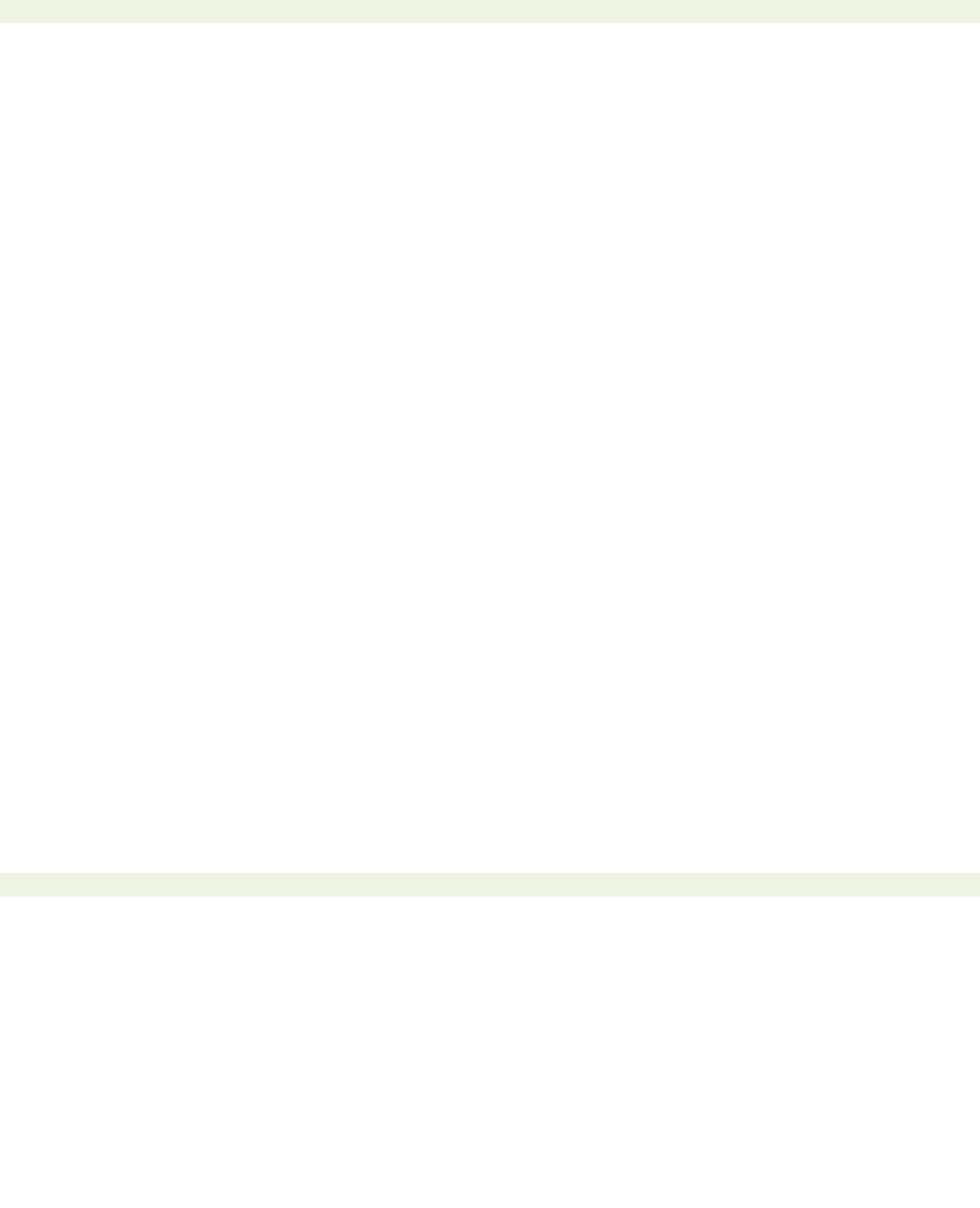
page_397
file:///C:/Users/User/AppData/Local/Temp/Rar$EX01.335/The%20War%20for%20America%20%201775-1783/files/page_397.html[1/17/2011 2:27:47 PM]
< previous page page_397 next page >
Page 397
Darby's beer and sauerkraut were nearly finished, scurvy had broken out, and he sailed for Spithead for provisions
and reinforcements. If he had failed to stop Guichen, the trade at least was safe. The Jamaica convoy had been
diverted, convoys from Charleston and the Leeward Islands had come safely home and the outward bound East
Indiamen had been seen clear of the danger area. In the Soundings as in the North Sea the country's seaborne
commerce continued to flow, though at a price. The nation's overtaxed resources had forced a hard choice on the
government.
4
Return of the Combined Fleet
The reinforcement for America was commanded by Admiral Digby, Arbuthnot's successor as Commander-in-Chief
and Peace Commissioner. His three ships, like Graves's in the previous year, had been delayed by a pay-mutiny
and contrary winds.1 Now the uncertainty about Guichen's movements imposed a further delay of several days so
that the Channel fleet could escort him to sea. Darby, having landed his sick and replenished his provisions, was
ready to sail on 19 July, and duly saw Digby's ships into the Atlantic before turning south to cruise off Finisterre
for the enemy.
The French and Spaniards had made a prompter use of their concentration than in the past. By early July Guichen
was with Cordoba at Cadiz, and on the 23rd they sailed to cover the passage of an expedition to Minorca. The
army landed on 18 August, and General Murray's garrison of 2,700 men was invested in St Philip's Castle by
14,000 French and Spanish soldiers, while a Spanish squadron cruised off Port Mahon to stop reinforcements and
supplies.
Having seen the Minorca expedition on its way, the Combined Fleet turned northwards with forty-nine sail of the
line to command the approaches to the Channel. Off Finisterre Darby learnt from a Portuguese merchantman that
this overwhelming force was between him and his base, and he hastened back to defend the Channel. On 25
August the British fleet anchored in Torbay. Leaving a frigate off the Start to watch for the enemy, Darby stretched
his battle fleet in a crescent of two lines to defend the anchorage. But the Admiralty was incredulous of the news.
Much false intelligence had come from merchantmen, and it was known from continental sources that Minorca had
been attacked. They concluded that Darby's Portuguese had seen a convoy outward bound from Cork, and assured
the Lord Mayor of Bristol that the news of the Combined Fleet was false. They had every reason to avert
unnecessary panic: when la Motte-Picquet had been cruising in May, there had been signs of it at Plymouth again;
and men had been
1 The Canada had mutinied for pay in arrears through the negligence of her last captain, Sir George Collier
(Sandwich, IV, 343 n).
< previous page page_397 next page >
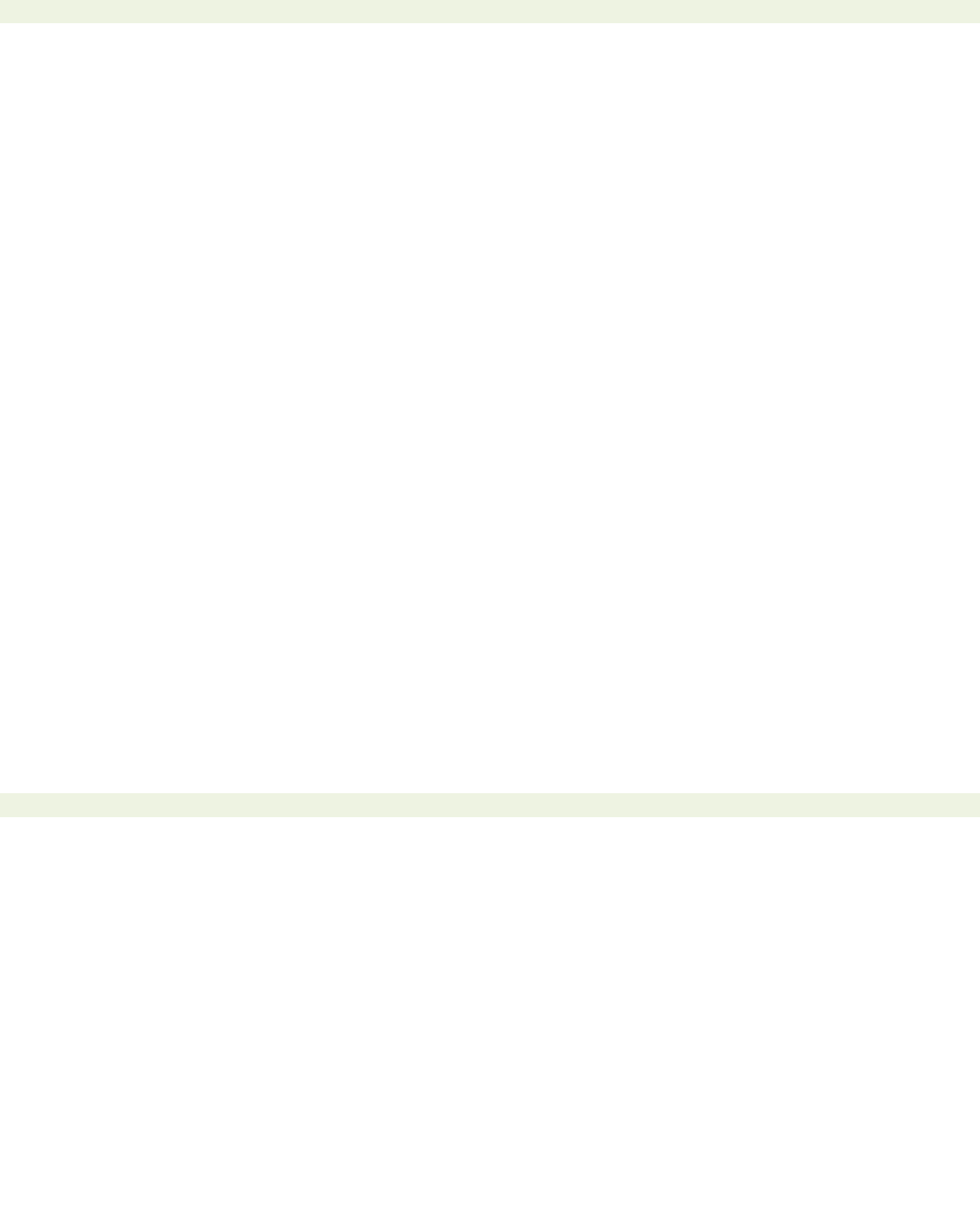
page_398
file:///C:/Users/User/AppData/Local/Temp/Rar$EX01.335/The%20War%20for%20America%20%201775-1783/files/page_398.html[1/17/2011 2:27:48 PM]
< previous page page_398 next page >
Page 398
taken from repair work in the dockyard to make a boom, as though la Motte with his six ships would storm the
Sound. 'It is ships and not booms we are in want of at present', Middleton had written. This time the Admiralty did
not intend a false alarm to lock up their resources. On 27 August Darby was ordered to sea to cover the approach
of a second Jamaica convoy which was reported to be the most valuable ever sent. Two days later the Admiralty
had news of a large French convoy from the Ile de Rhé which they concluded was what the Portuguese had seen.
But on the 30th came news of a large fleet off the Scillies, and on the following day the Agamemnon on her way to
the East Indies sighted between forty-four and forty-seven sail of the line thirty leagues east of the Lizard.1
It seemed too late in the year for an invasion, and there was no intelligence of transports on the French coast. But
the rich Jamaica convoy and another from the Leeward Islands were approaching the danger area. Darby sent out a
pair of frigates to meet them; and the Admiralty, taking no chances after the loss of the St Eustatius convoy,
ordered out every cruiser on which they could lay their hands. Frigates went out from the Clyde, Dublin and the
Bristol Channel; and at Robinson's suggestion revenue cutters on the west coast of Ireland were borrowed and sent
out with naval officers to seek the convoys.2 In the meantime reinforcements were hastily fitted out for the fleet.
There was a certain nervousness in the air. The King suggested sending Navy Board Commissioners down to the
three great dockyards, for the sake of appearances even if it did no good. Sandwich and Middleton resisted the
waste of the Navy Board's time: by then the ships at Portsmouth and Plymouth were out of the shipwrights' hands,
and their equipment depended entirely on the captains and the Port Admirals. But a Commissioner was sent down
to Sheerness to see what he could do.3
At the moment of the Combined Fleet's appearance, the Dutch convoy which Parker had turned back to the Texel
in August was ready to sail again for the Baltic. Stewart, whose ship had been at home for repairs, was on the point
of taking out a reinforcement to join the watching screen and intercept them; a mission so important that in spite of
the need for ships in the Channel the Cabinet agreed he should proceed. Even if he joined Darby instead, the
Channel fleet would not be strong enough to fight, and as Robinson wrote to Sandwich, the stopping of the Dutch
convoy would deliver 'the most effectual blow that perhaps could be given to the French and Spanish navies'.4
1 Add. MSS. 38216, f. 349; Sandwich, IV, 37, 39, 334; G 3393; Adm. 2/1340, ff. 66, 70, 79, 81, 101.
2 Sandwich, IV, 534, 5960.
3 Sandwich, IV, 53; G 3402, 3404.
4 G 34001; Sandwich, IV, 96.
< previous page page_398 next page >
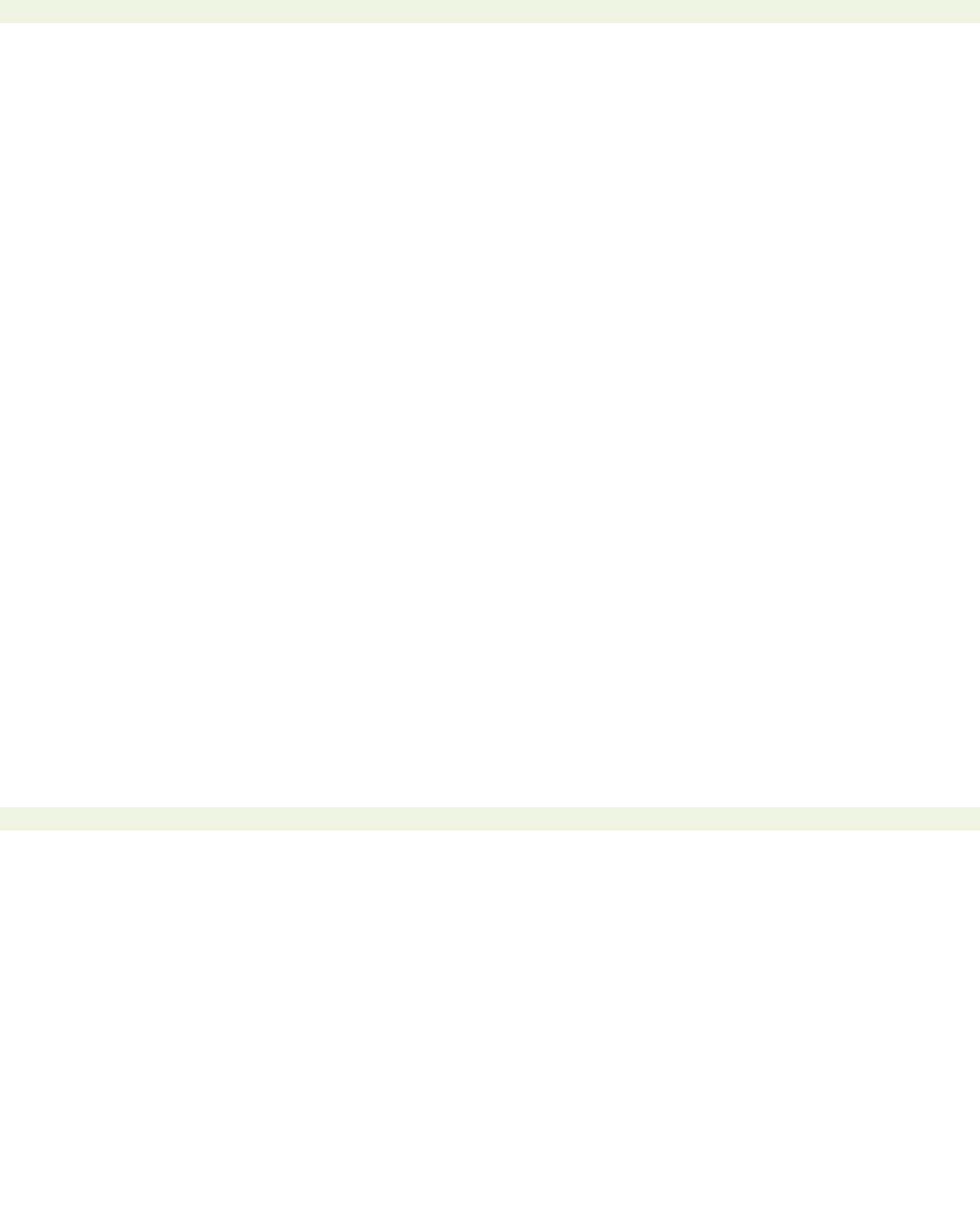
page_399
file:///C:/Users/User/AppData/Local/Temp/Rar$EX01.335/The%20War%20for%20America%20%201775-1783/files/page_399.html[1/17/2011 2:27:48 PM]
< previous page page_399 next page >
Page 399
Without Stewart's ships or the three which were going abroad, the Channel fleet would have only twenty-nine sail
of the line. It was not easy to know how to use them; and Sandwich was bombarded with conundrums by Palliser,
Mulgrave and Darby. Was it right to leave the fleet in a defensive anchorage while convoys were threatened? In
Torbay it was probably safe except in a strong east wind; but it had no refuge to retire to if an enemy attack
succeeded, and would be as well placed at Spithead to exploit the enemy's difficulties if they were driven up
Channel and damaged by a gale. And if the British fleet stayed in Torbay and the enemy passed up Channel to
Spithead, would it not have to follow them and risk the difficult passage through the Needles? Should the smaller
two-deckers be sent into the North Sea to join Stewart, in case the French and Spaniards meant to detach a force to
cover their naval stores from the Baltic? Should the fleet be ordered to the westward to watch the enemy closely?1
The central question was whether to send the fleet to the westward against the French and Spaniards. The King,
ever hopeful, had fastened on a report from Flanders that the enemy were to detach a squadron against the
victualling depot at Cork; and if this happened he wanted Darby to go out and attack the remainder of the
Combined Fleet. He launched his usual appeal for boldness. 'This country, with such numerous enemies, must be
ruined unless what we want of strength is made up in activity and resolution. Caution has certainly made this war
less brilliant than the former; and if that alone is to direct our operations, with the load of debt we labour under,
without much foresight it is easy to tell we must be great losers.'2
When this appeal reached Sandwich, the latest intelligence put the enemy at forty-four to forty-seven sail of the
line, and it was clear that they had not detached. The First Lord scented danger; and already a letter was on its way
from Darby demanding 'an order fully signed' for his protection. For the past two years Sandwich had been wary of
risking his name on an order without Cabinet authority. Darby's instructions were 'a matter of too much magnitude
to be decided by any single person', and he asked the King to procure a Cabinet meeting. Several of the Ministers
were out of London for the summer. Dartmouth was absent as usual; so was Bathurst; and Thurlow, convalescing
on Gower's good cooking at Trentham, thought naval operations could be managed without a lawyer. North,
however, had returned from Oxfordshire as soon as he heard of the enemy's appearance; and on 6 September
Sandwich managed to collect the half dozen Ministers who were concerned with the war.3 He had before him a
draft order for Darby
1 Sandwich, IV, 502, 558, 601.
2 Sandwich, IV, 53, 55.
3 G 3404; Carlisle, 520; Gore-Browne, Thurlow, 163; Sandwich, IV, 53.
< previous page page_399 next page >
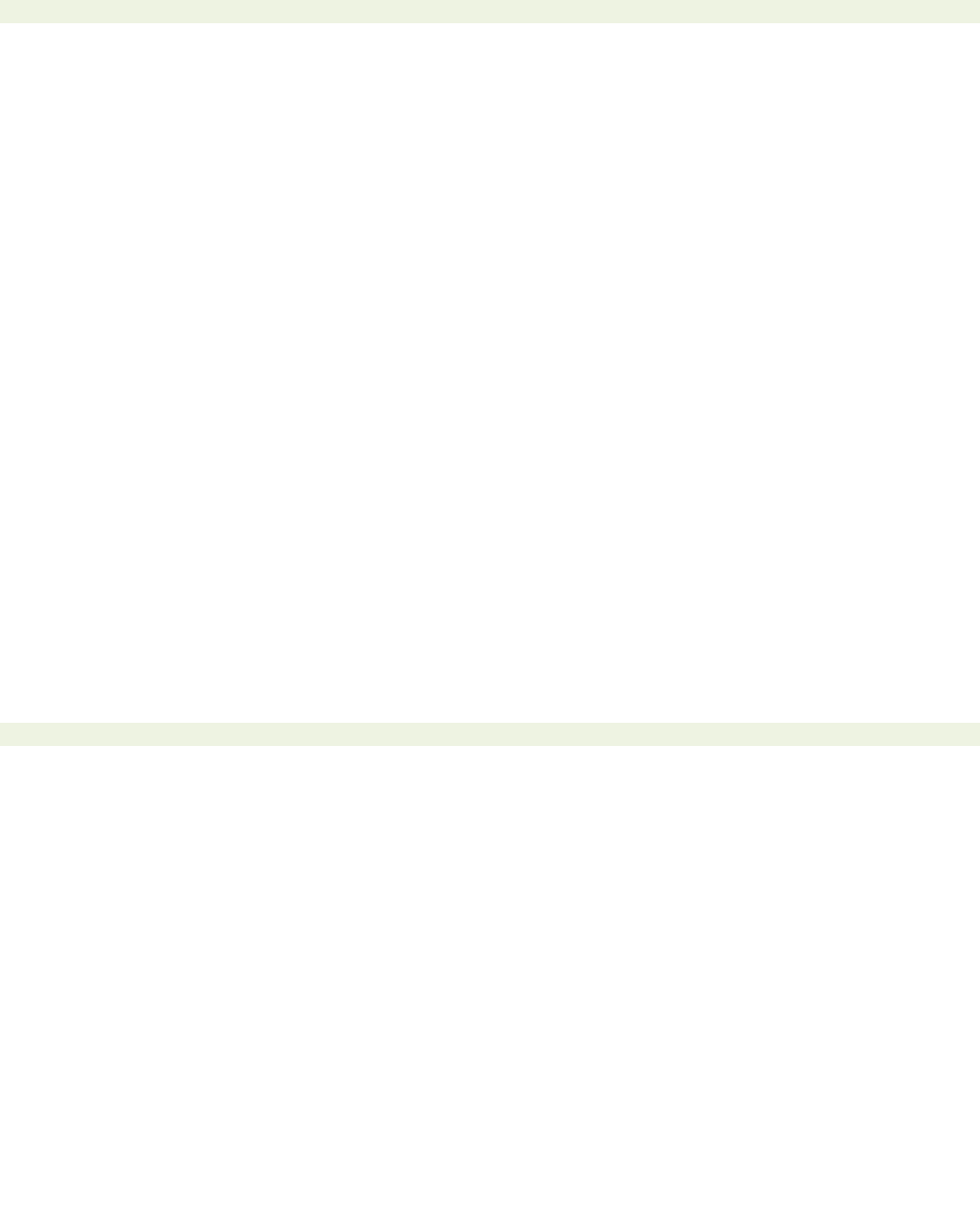
page_400
file:///C:/Users/User/AppData/Local/Temp/Rar$EX01.335/The%20War%20for%20America%20%201775-1783/files/page_400.html[1/17/2011 2:27:49 PM]
< previous page page_400 next page >
Page 400
composed by Middleton. The Comptroller's view was that nothing could be gained by giving battle: there was no
great object at stake to justify the risk, and an indecisive action would still leave the enemy in command of the
Channel with his superior numbers. But he believed it was still possible to protect the trade: his solution was
copper. Instead of fighting, Darby's coppered fleet should exploit its speed. 'I still think it practicable to save our
colonies by a proper use of this first of naval improvements.'1
The Cabinet approved. Darby was ordered to put to sea without waiting for further reinforcements, seek the enemy,
and hover with his coppered ships to watch for an opening. Thus he should be able to protect both the homeward
convoys and the Irish coast. This was a tough assignment, as Darby complained. With half the enemy's numbers he
was expected to cover two great convoys and prevent a descent on Ireland, and with his small force he doubted if
he could do any one of these things. The enemy probably had some coppered ships which could bring him to
action and hold him till their slower vessels came up. In these doubts there was no timidity. 'Our situation will
certainly be critical', Mulgrave wrote from Torbay, 'but there is a manliness and plain firm sense about Admiral
Darby that will make him do everything for the best . . . You must not suffer him to be run down by clamour; he is
a plain but valuable man; his arrangements are judicious.'2
Darby waited a few days for Kempenfelt to rejoin the fleet from sick leave and command a division; and on 15
September he sailed with twenty-seven ships of the line. It was almost exactly two years since Hardy had begun to
move his fleet out for the final cruise of the invasion year; and again the enemy had gone. On the insistence of
Cordoba the French and Spaniards had separated on 5 September, the day before Darby's orders were agreed by the
Cabinet. On the 14th the military commander at Plymouth reported a general belief that the French were in Brest
and the Spaniards on their way home; but not till the 22nd did intelligence arrive from Brussels and Paris which
was thought sufficiently reliable to act on. By then Darby had vanished to the westwards, and his absence was to
exert an unhappy influence on future strategy.3
1 Sandwich, IV, 612; CL, Shelburne, Vol. 151, No. 2.
2 Sandwich, IV, 13, 63, 656.
3 WO 34/137, ff. 173, 187; Adm. 2/1340, f. 105; Sandwich, IV, 1314.
< previous page page_400 next page >

page_401
file:///C:/Users/User/AppData/Local/Temp/Rar$EX01.335/The%20War%20for%20America%20%201775-1783/files/page_401.html[1/17/2011 2:27:49 PM]
< previous page page_401 next page >
Page 401
Chapter XXIII
'Cornwallis Led a Country Dance'
I
Germain and Clinton
By a slender margin the year's operations in home waters passed without serious misfortune. Gibraltar had been
relieved, the trade and reinforcements had sailed, and even the intervention of the Dutch had not been allowed to
close the North Sea and the Baltic. The only shadows had been the loss of the St Eustatius convoy and the attack
on Minorca. In the presence of superior enemy forces England had been able to keep open her maritime
communications.
These containing operations were based on a deliberate resolution to take risks at home, calculating on the
ineffectiveness of the combined allies. By forfeiting the initiative in Europe Britain had allowed the enemy to
attack Minorca, casting a shadow over the Mediterranean theatre. All this was for the sake of the East and West
Indies, and to enable Cornwallis to maintain his offensive towards Virginia. By the end of the summer the fairest
hopes in America were already blighted; but in early October Germain still expected enough of Virginia to be
recovered to justify the Commissioners in restoring civil government to the colony, and the royal Governor was
ordered to return to America like the Governors of Georgia and the Carolinas. At that very moment French siege-
guns were pounding Germain's hopes to pieces.
Considering the universal pressure on the country's resources, Clinton had received generous reinforcements. The
Cabinet had been unable to meet his demand for 10,000 men, but it will be remembered that they were able to
promise him 6,000, with three more regiments to come from the West Indies at the end of the summer. In the event
the promise was not completely fulfilled, for we shall find that of the three promised West India battalions only one
reached America. Clinton's other demands received an unequivocal rebuff. Against his demand for the recall of the
Admiral and his removal from the Peace Commission, Sandwich supported Arbuthnot; and Germain, who was sick
of Clinton's jealousies, asked his emissary Dalrymple to put the demand in writing and laid it before the Cabinet.
Arbuthnot's eventual removal was agreed: in due course he should be sent to Jamaica to succeed Sir Peter Parker
whose relief was due. But for the sake of harmony between the services, Arbuthnot's successor would be on the
Peace Commission. If
26
< previous page page_401 next page >
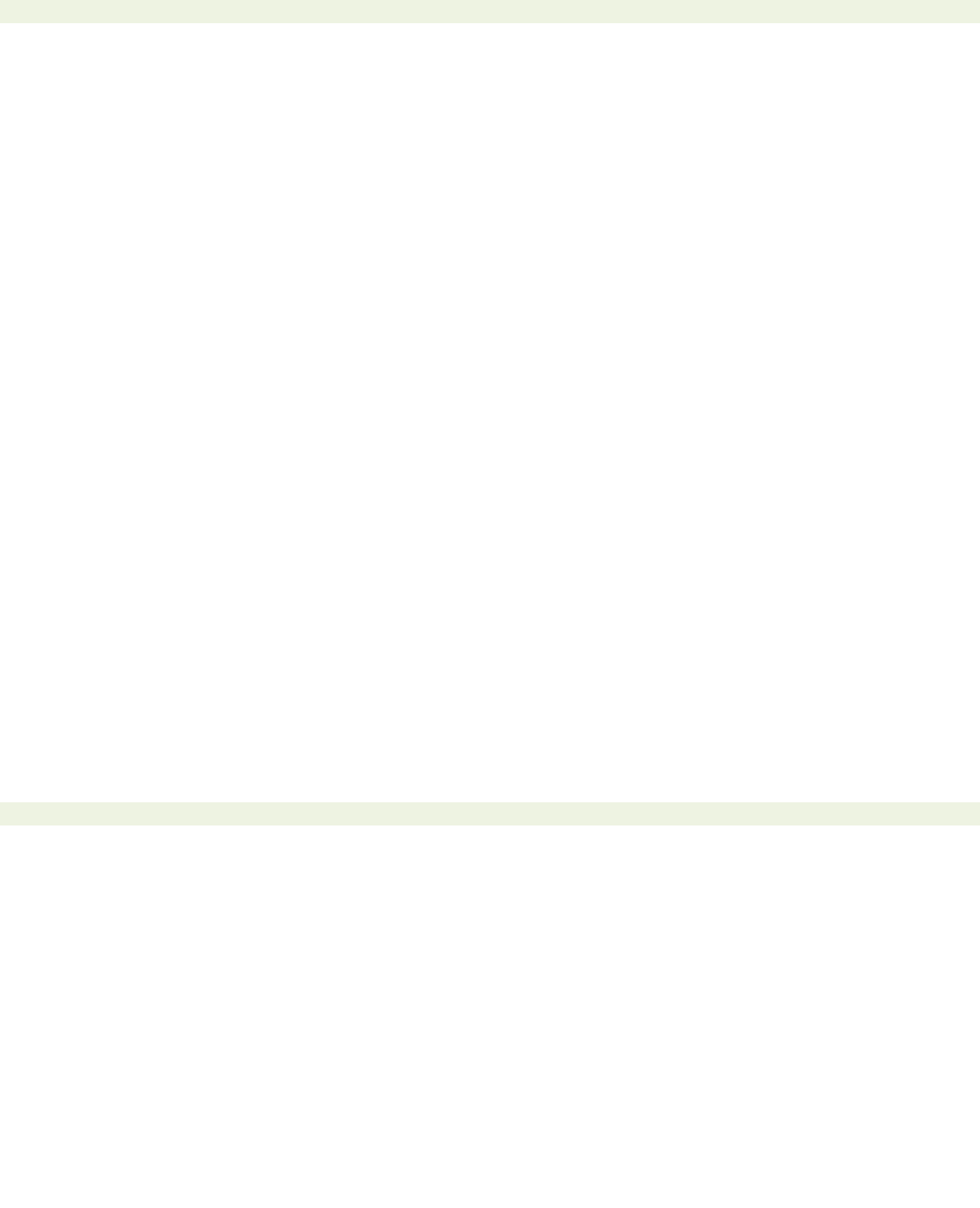
page_402
file:///C:/Users/User/AppData/Local/Temp/Rar$EX01.335/The%20War%20for%20America%20%201775-1783/files/page_402.html[1/17/2011 2:27:49 PM]
< previous page page_402 next page >
Page 402
Clinton did not like this compromise, he should resign his command to Cornwallis.1
If Clinton resigned, Germain and Sandwich agreed that Arbuthnot should remain, to avoid the difficulty of
replacing him. Sandwich was confident that Clinton would go; but Germain doubted it, for the General acted 'more
from caprice than common sense', He talked to Colonel Bruce, who was to take the Cabinet's answers to Clinton,
and impressed on him that no good could come of Clinton's distrust. He must either remain in his command in a
good humour and rely on being supported as strongly as the situation allowed, or resign and come home. Not that
Germain had any confidence in Clinton: he remembered Burgoyne too well. 'When we act with such a man', he
wrote, ' . . . we must be cautious not to give him any opportunity of doing a rash action under the sanction of what
he may call a positive order.' But he could not dismiss him; and though Clinton guessed his resignation was
expected, he would not go.2
The drive on Virginia was constantly pressed on Clinton in the coming months: 'The recovery of the southern
provinces, and the prosecution of the war by pushing our conquests from south to north, is to be considered as the
chief and principal object for the employment of all the forces under your command.' The obstacle which Germain
feared was Clinton himself, with his four houses in New York, his officers busy with their theatricals, his train of
commissaries and quartermasters making their fortunes. All this had been described to him by Rodney. 'In this
war', the Admiral wrote after his visit to New York, 'I am convinced the sword should cut deep.' He was not alone
in thinking that the entire American War had been run by fainéant Generals.3
Through the first half of 1781 Germain waited to hear that the advance to Virginia was completed. At the end of
1780 he had learnt with bitter disappointment that Leslie's force at Portsmouth had been withdrawn from the
Chesapeake to reinforce Cornwallis, for he had regarded the post there as a vital part of the southern plan. Leslie's
was the second withdrawal from the Chesapeake; and Germain remonstrated in terms so strong that he thought the
letter might precipitate Clinton's resignation. The rebel supply depots in Virginia on which their southern army
depended had not
1 Willcox, JMH, 1945, p. 316; Knox, 171; CL, Germain, 4 and 13 Oct. to Clinton; G 3160. Willcox's study
is based on the papers in the William Clements Library and supersedes previous studies of the Yorktown
campaign.
2 Sandwich, III, 2569; Sackville, II, 185; CO 5/102, f. 38; Knox, 174; CO 5/103, f. 124.
3 CL, Clinton, 7 Feb. from Germain; CO 5/101, ff. 169, 311; Sackville, II, 192 ff.; Knox, 172.
< previous page page_402 next page >
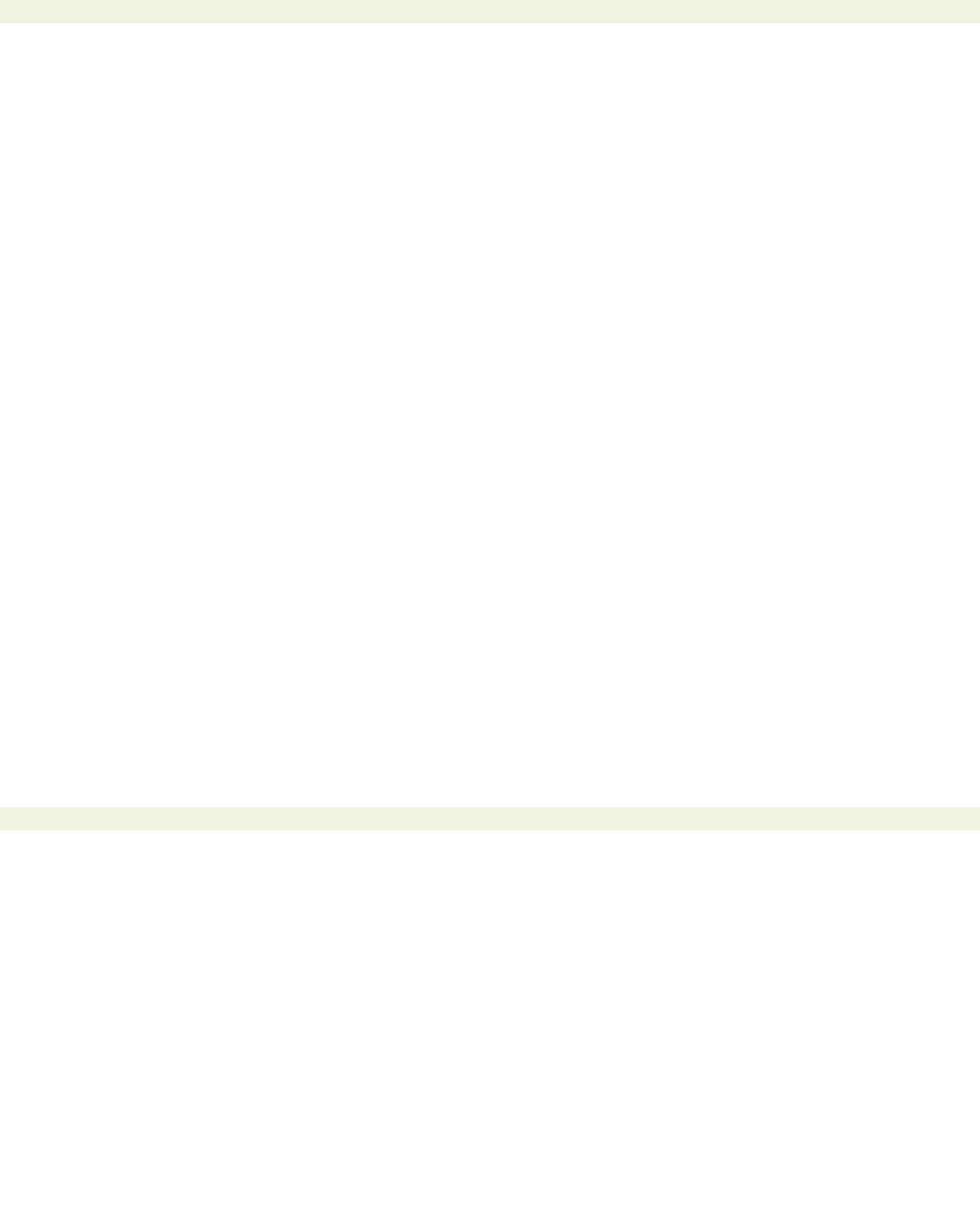
page_403
file:///C:/Users/User/AppData/Local/Temp/Rar$EX01.335/The%20War%20for%20America%20%201775-1783/files/page_403.html[1/17/2011 2:27:50 PM]
< previous page page_403 next page >
Page 403
been attacked, their supply line had not been cut. Once more the loyalists had been deserted. A valuable naval
station had been thrown away, and the Chesapeake reopened to rebel imports and French reinforcements. The
waste of effort was intolerable. With the Dutch in the war, England could not afford to lock up her resources
indefinitely in America. 'Every advantage must therefore be seized, every occasion profited of, and the public
service be made the great motive and object of all our actions.'1
The exhortation to waste no resources was a common one at this stage of the war; but the criticism was not wholly
fair. Leslie had moved on his own initiative in response to an appeal from Cornwallis. Clinton's only failure was
that he had given Leslie no strong orders to the contrary, and he replaced Leslie's force by one from New York
commanded by the renegade Arnold, with stronger instructions to hold on to Portsmouth. As for Germain's
contention that Leslie should have marched across Virginia, it rested on a total misreading of the situation, and is a
rare instance of what Germain's critics have always alleged to have been a general habit of ignorant interference.
The worst of the letter is that Germain should have felt compelled to write in these terms at all to a Commander-in-
Chief. His feelings about Clinton may be gauged from an exhortation he sent him in May: 'that the war should be
conducted upon a permanent and settled plan of conquest, always securing and preserving what has been
recovered, and not by desultory enterprises, taking possession of places at one time, and abandoning them at
another, which never can bring the war to a conclusion, or encourage the people to avow their loyalty and exert
their endeavours to relieve themselves from the tyranny of the rebel rulers . . .'. He urged 'decision in council, and
activity, vigour and perseverance in execution'.2 Germain had tried giving Clinton his head within broad lines of
policy, and nothing had been achieved; he had tried to lever him out, and had failed. Such want of confidence as
he now showed was likely to rock Clinton's unsteady judgment in the coming campaign.
Germain's hopes now rested on the energy, ambition and proved leadership of Cornwallis; and Cornwallis may
have suspected it, for his aide-de-camp returned from England about the time when Colonel Bruce was charged
with Germain's admonition to Clinton, and probably in the same ship.3 Be that as it may, the rift between Clinton
and Cornwallis dates from this time. Hitherto they had worked together amicably; and Cornwallis's dormant
commission as Commander-in-Chief, which has been wrongly blamed for their misunderstandings, had been no
more than
1 CO 5/101, ff. 14.
2 CO 5/101, f. 311.
3 Bruce took the southerly winter route by Charleston.
< previous page page_403 next page >
